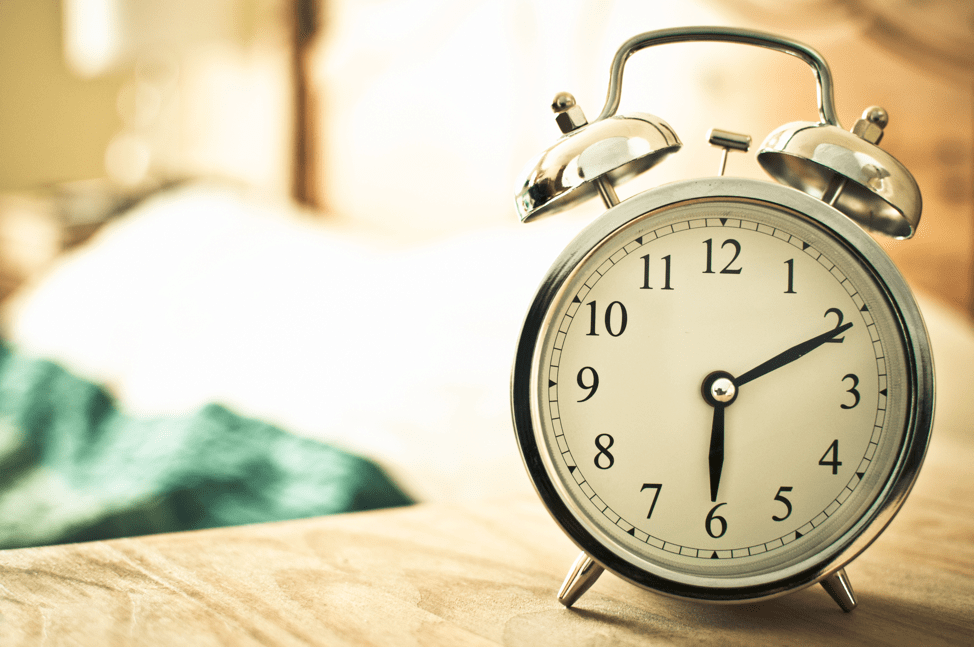Lose Weight While You Sleep
Are you dieting and exercising but still unable to lose weight, particularly in your midsection? Lack of sleep may be to blame. You may not realize it, but you’re actually burning calories while you sleep. In fact, your body uses fat as its main source of fuel as you doze. If your sleep is interrupted, you’re burning fewer calories.

Lack of sleep throws the hormones that regulate your appetite and metabolism out of whack. When released, the stress hormone cortisol causes your body to store excess fat, particularly around your middle, and spikes when you don’t sleep enough. Too much cortisol also triggers cravings for carbs and fatty, sugar-laden foods. Researchers have found that people sleeping less than five hours a night gained more abdominal fat over a five year period, versus those who averaged over six hours per night.1
The good news? Sleep actually helps you lose weight by putting these hormones back in balance. You may not have heard of leptin, but it’s an important hormone that tells you when to put down the fork. Sleep boosts leptin; lack of sleep lowers it. Sleep loss also triggers the release of another hormone, ghrelin, which signals hunger.

To fight back against extra pounds and belly fat, experts say you should get 7.5 to 8 hours of sleep a night. If you have trouble sleeping, exercise can help – as long as it’s not right before bed. Exercise is a triple threat, as it improves sleep, lowers stress levels and burns fat. To boost your good-night’s sleep odds, keep your bedroom cool and dark, shut down all your screens before bed, including the TV, and don’t eat too close to bedtime.
Caught up on your sleep, eating right, exercising and still noticing stubborn abdominal fat? SculpSure may be an option for you. SculpSure is an innovative body contouring system that can help you achieve a slimmer appearance in just 25 minutes without surgery or downtime. There is no bruising or damage to the surrounding skin with SculpSure and results are typically seen in six to 12 weeks, with up to 24 percent reduction in stubborn fat.2
If you’re considering a cosmetic procedure, sleep on it – meaning, do your homework and learn all you can about the options available so you can make the right decision for you.
1. Hairston, Kristen G., Mara Z. Vitolins, Jill M. Norris, Andrea M. Anderson, Anthony J. Hanley, and Lynne E. Wagenknecht. “Lifestyle Factors and 5-Year Abdominal Fat Accumulation in a Minority Cohort: The IRAS Family Study.” Obesity 20.2 (2011): 421-27. Journalsleep.org.
2. Average reduction in fat volume following single treatment as measured by MRI; Single treatment with an average reduction in fat volume as measured by MRI; “Clinical and Histological Evaluations of a 1060nm Laser Device for Non-Invasive Fat Reduction.” John W. Decorato, M.D., FACS. Rafael Sierra, Ph.D., Bo Chen, Ph.D., Westford, MA, 2014.
